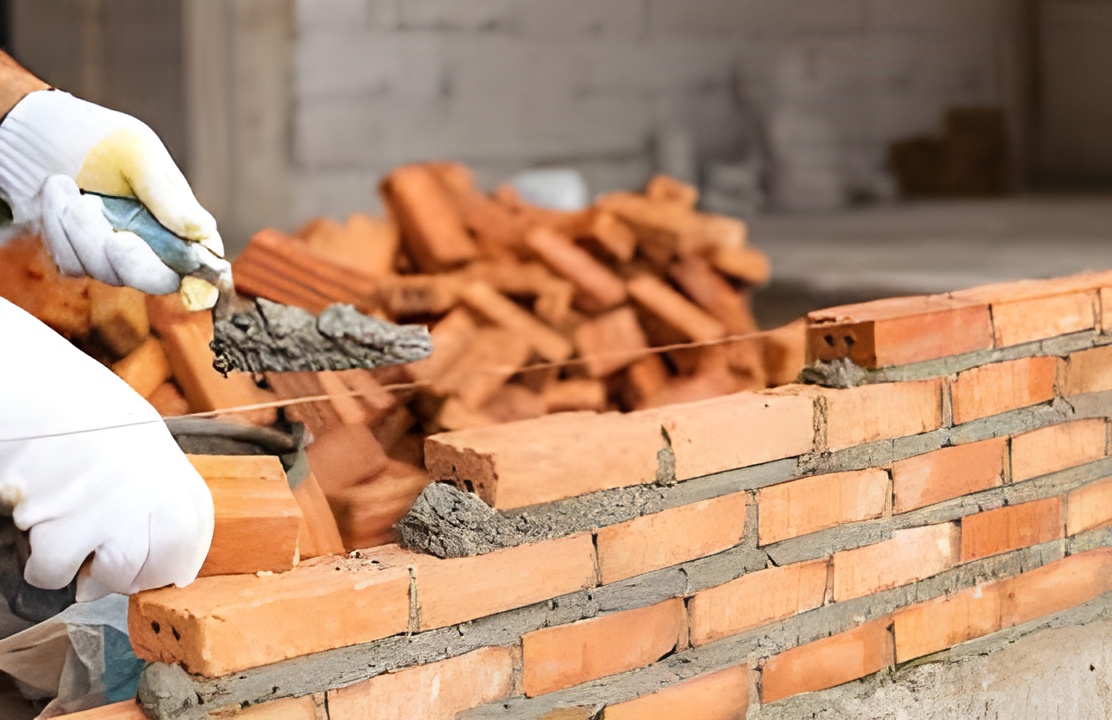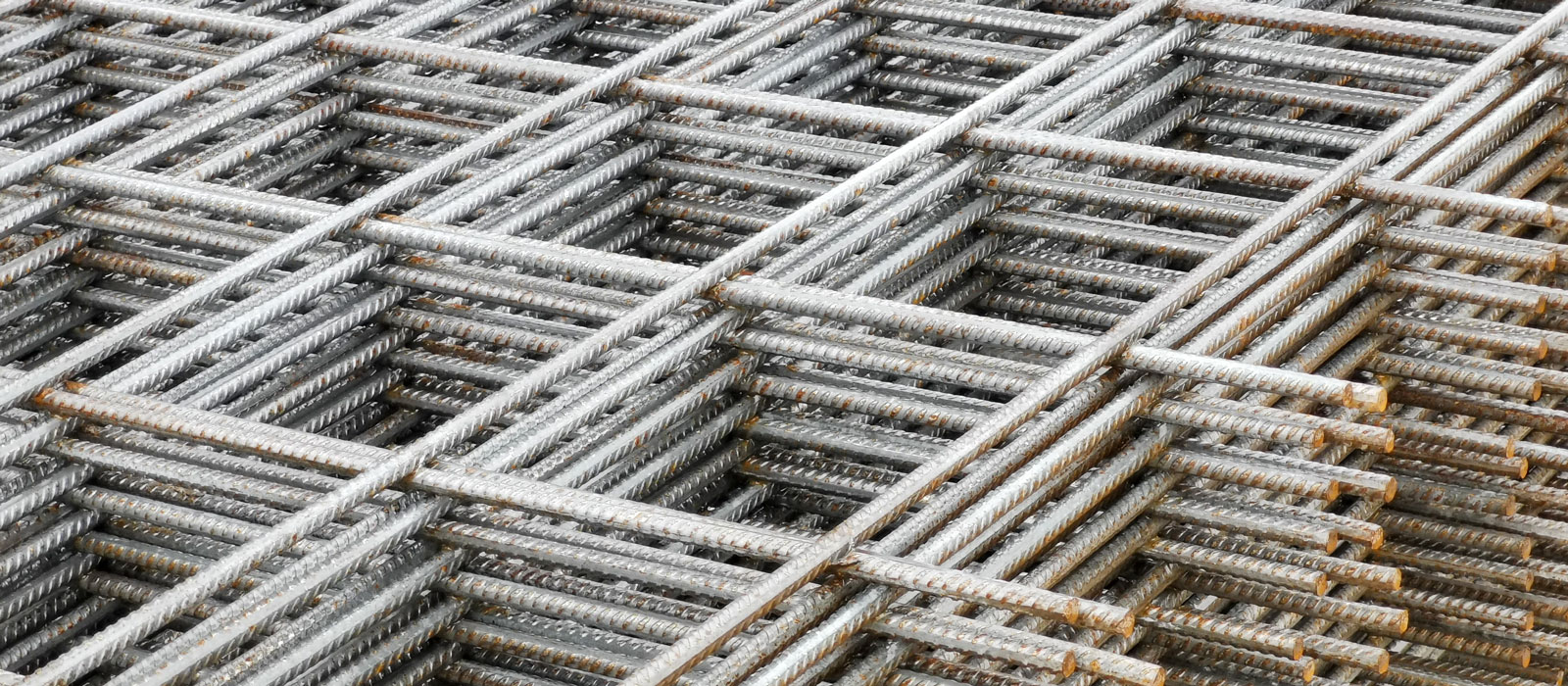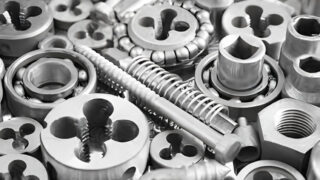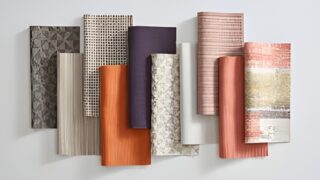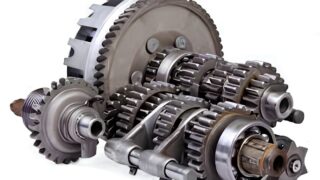Construction Materials
Specificities impacting Quality Control Service and Product Inspection
-
The construction material industry is a unique sector with distinct characteristics. It stands apart due to factors such as longevity, versatility, safety, and durability. Construction materials are designed to endure for extended periods, facing diverse environmental conditions while maintaining their integrity. Their wide range of applications, from residential buildings to infrastructure projects, demands versatility to meet diverse construction needs.
Safety and durability are paramount, as materials must adhere to rigorous standards to ensure structural stability and protect occupants. Moreover, the industry faces the challenge of price constraints, as materials must be cost-effective without compromising quality. The industry’s performance serves as an economic indicator, reflecting broader trends in construction activities. Overall, the construction material industry plays a vital role in shaping the built environment, with careful consideration of price constraints, sustainability, and performance.
-
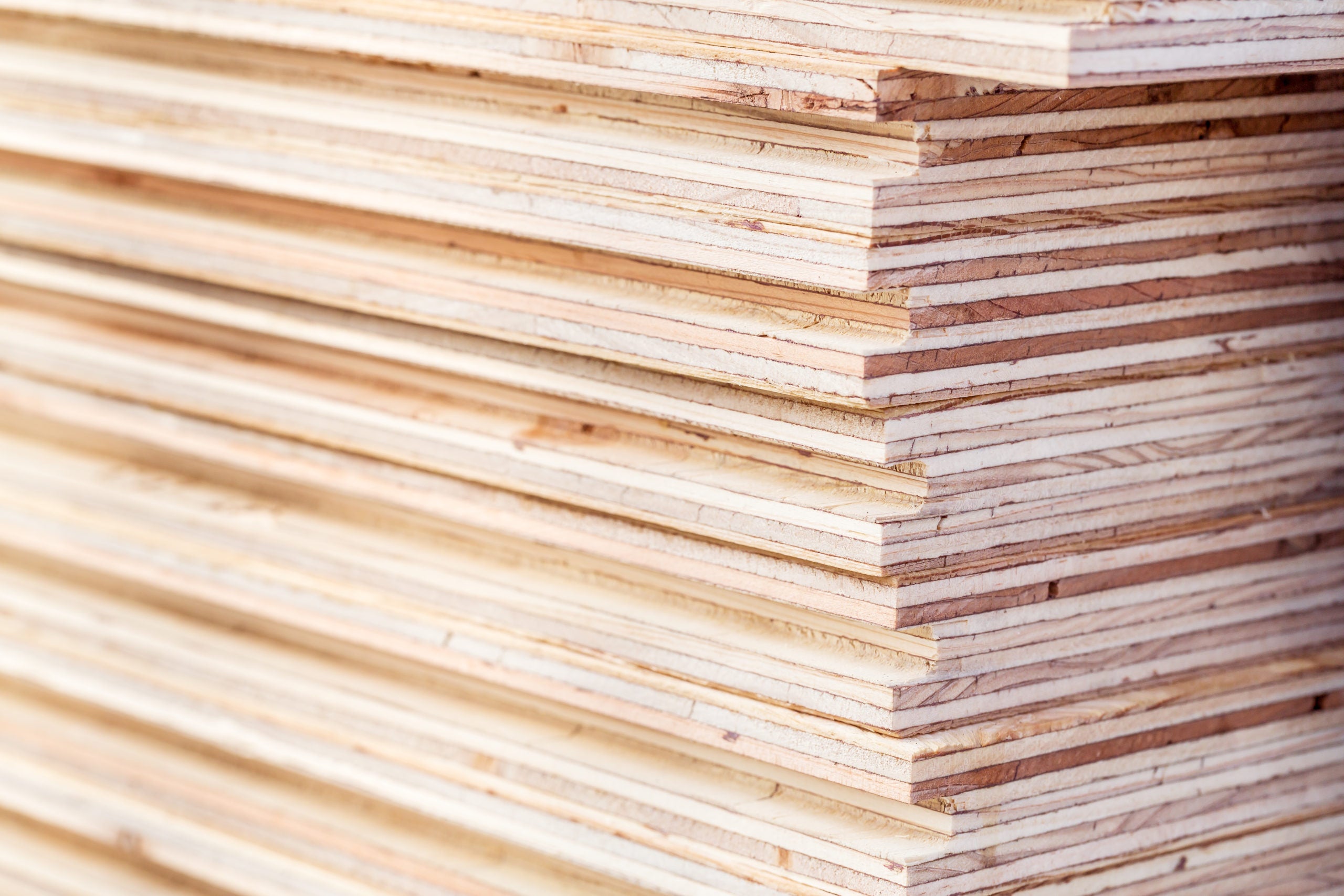
Quality control in the construction material industry is vital for manufacturers and importers. It ensures consistent product quality, compliance with regulations, and customer satisfaction. By implementing quality control measures, manufacturers and importers can reduce costs, mitigate risks, and strengthen supplier relationships. It also fosters continuous improvement by identifying areas for enhancement and optimizing processes. Overall, quality control enhances the reputation of manufacturers and importers, reduces defects and accidents, and improves business performance in the construction material industry.
At World Wide Quality Control, we are dedicated to providing unrivalled construction material quality control services. Our focus is on ensuring that all products, whether locally manufactured or imported, meet the highest standards of quality and craftsmanship. We recognise the importance of delivering construction materials that are safe, reliable, and visually appealing for both manufacturers and importers. With our extensive industry experience and expertise, World Wide Quality Control has become the trusted partner for manufacturers and importers in need of dependable quality control services. Count on us to protect your brand’s reputation, meet customer expectations, and excel in the competitive construction material industry.
Usual Norms and Standard related to Construction Materials
Quality Assurance
-
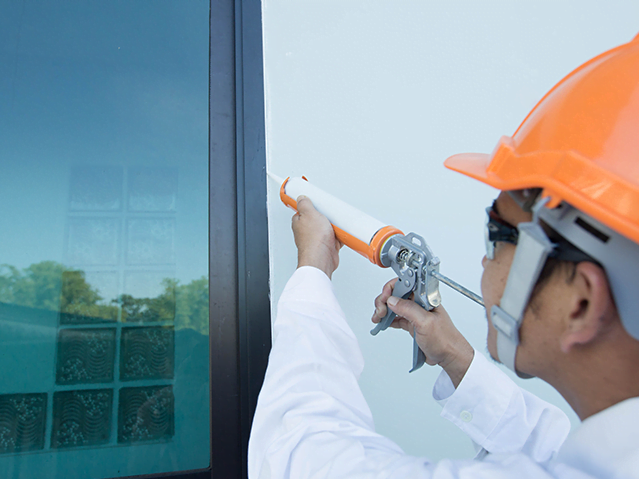
-
- UL Listing
- ANSI/BHMA Certification
- NSF Certification
- GREENGUARD Certification
- Forest Stewardship Council (FSC) Certification
- Energy Star Certification
- Cradle to Cradle (C2C) Certification
- SCS Global Services
- NSF/ANSI 61 Certification
- GOTS Certification
- ICC-ES Evaluation Report
Compliance with construction material quality assurance norms and standards is paramount for manufacturers, importers, and suppliers. At WQC, we recognise the vital role of adhering to these standards to ensure product quality and regulatory compliance. Through our expertise and unwavering commitment, we empower our clients to cultivate trust, gain a competitive edge, and drive customer satisfaction.
By partnering with WQC, companies in the construction material industry can expect improved product performance, expanded market reach, and the fulfilment of regulatory obligations.
Our quality consultant can also help and assist you in establishing custom checklists tailor made for your product.
Items related to Construction Materials
subject to Quality Control and Quality Inspection
Quality control and inspection procedures encompass a diverse array of construction material products. These include, but are not limited to:
-
- Cement
- Concrete
- Bricks
- Steel bars/rebars
- Roofing materials (e.g., shingles, tiles)
- Wood products (e.g., lumber, plywood)
- Insulation materials
- Flooring materials (e.g., tiles, hardwood, laminate)
- Plumbing fixtures (e.g., pipes, faucets, sinks)
- Electrical components (e.g., wiring, switches, outlets)
-
- Windows and doors
- Paints and coatings
- Adhesives and sealants
- Glass products (e.g., windows, mirrors)
- Drywall and plasterboard
- Stone and masonry products
- Asphalt and paving materials
- Structural steel beams and columns
- Reinforcement mesh and wire
- Thermal and sound insulation materials
Our organisation excels in delivering end-to-end quality control and inspection procedures across the complete manufacturing process. We leave no stone unturned, meticulously evaluating raw materials and conducting thorough examinations of finished products to ensure strict adherence to the required quality standards and specifications regarding safety, reliability, and performance. By conducting diligent inspections and implementing rigorous tests at each stage, we swiftly identify and address any potential issues, guaranteeing the production of exceptional, high-quality products.
Our quality consultant can also help and assist you in establishing custom checklists tailor made for your product.
How we can help you with Construction Materials
Quality Control
Worldwide Quality Control is strategically located overseas to help importers, buyers, traders, retailers and startups with quality control, quality inspection and factory audit operations.
You have no time to travel and go on-site to check your goods quality or your vendor reliability? We are here to serve you as your decentralised Quality Control business unit capable of representing you on-site.
Available within 48 hours with a fixed on-demand cost.
-
Quality Inspector skills required to perform inspection of Construction Materials
- Technical Knowledge
- Quality Control Methods
- Equipment Operation
- Documentation and Reporting
- Compliance and Regulations
- Knowledge of Testing Methods
- Problem Identification
- Knowledge of Codes and Standards
- Cross-functional Collaboration
Our quality inspectors located overseas can help you with quality control related to contruction materials products.
-
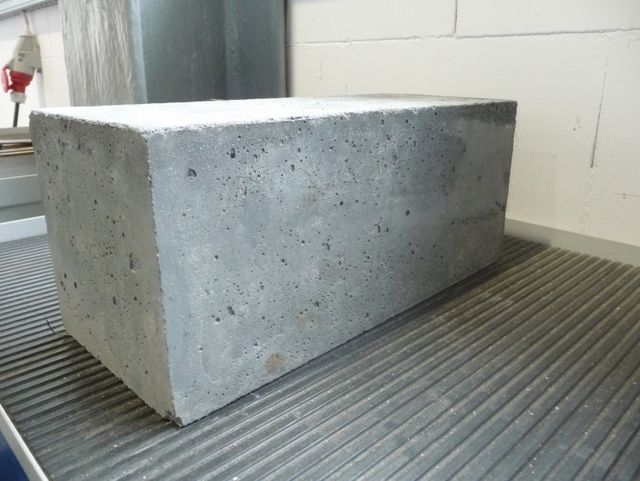
WQC is a trusted name for its team of skilled and dedicated Quality Inspectors specialising in the inspection of construction material products. Our highly proficient inspectors bring forth extensive industry expertise and deep knowledge, allowing them to conduct thorough evaluations of each component.
They meticulously assess compliance with the required quality standards and specifications, empowering manufacturers and importers to deliver construction material products of uncompromising quality. With our dedicated team of on-site Quality Inspectors operating worldwide, we provide dependable and efficient inspection services exclusively tailored for the construction material industry.
Our quality consultant can also help and assist you in establishing custom checklists tailor made for your product.
Most common type of defects related to Construction Materials
quality control
- Cracks: Cracks are one of the most common defects found in construction materials. They can occur due to various reasons such as shrinkage, settlement, thermal expansion and contraction, inadequate reinforcement, or poor quality of materials.
- Porosity: Porosity refers to the presence of small voids or pores in construction materials. It can weaken the material’s strength and reduce its durability. Porosity can be caused by improper mixing, inadequate compaction, or the use of low-quality materials.
- Corrosion: Corrosion is a common defect in materials such as steel and concrete, particularly in environments with high humidity, saltwater exposure, or chemical exposure. Corrosion can weaken the material, leading to structural failure if not addressed.
- Delamination: Delamination refers to the separation of layers in composite materials such as laminated wood or concrete. It can occur due to poor bonding between layers, moisture intrusion, or improper curing.
- Spalling: Spalling is the chipping, flaking, or breaking off of a material’s surface layer, such as concrete or masonry. It can occur due to freeze-thaw cycles, corrosion of embedded reinforcement, or inadequate curing.
- Honeycombing: Honeycombing refers to the presence of voids or air pockets in concrete or mortar due to improper compaction or poor workmanship. It can lead to reduced structural strength and durability.
- Discoloration: Discoloration can occur in materials like paint, tiles, or finishes due to various factors such as exposure to sunlight, moisture, chemicals, or improper application. It affects the aesthetic appeal of the material.
- Uneven or inadequate curing: Improper curing can lead to defects such as uneven drying, reduced strength, cracking, or surface deformations in materials like concrete or plaster.Leaks: Leaks can occur in plumbing systems or roofing materials, leading to water infiltration and damage to the surrounding structures. It can be caused by poor installation, inadequate waterproofing, or deterioration of seals and joints.
- Shrinkage: Shrinkage occurs when construction materials, particularly concrete or clay-based products like bricks, dry out and contract. Excessive shrinkage can result in cracking, loss of structural integrity, or dimensional changes that affect the overall appearance and functionality of the structure.
- Fading: Fading is a defect commonly observed in materials exposed to sunlight or UV radiation. It can cause the loss of color, deterioration of surface finishes, and a decrease in aesthetic appeal. Materials such as fabrics, paints, and plastics are susceptible to fading.
- Deformation: Deformation refers to the change in shape or size of a material due to external forces or stress. It can occur in materials like metals, plastics, or composites, and may result from excessive loads, improper design, or poor installation practices.
- Poor adhesion: Poor adhesion is a defect where the bond between materials, such as adhesives, coatings, or paint, and the substrate is weak or insufficient. It can lead to peeling, blistering, or detachment, compromising the integrity and performance of the material.
- Dimensional inaccuracy: Dimensional inaccuracy occurs when construction materials deviate from the specified dimensions or tolerances. It can result from errors in measurement, manufacturing, or installation processes, leading to difficulties in fitting components or affecting the overall structural integrity.
- Material degradation: Material degradation refers to the deterioration or weakening of construction materials over time. Factors such as weathering, chemical exposure, biological attack (e.g., rot or decay), or aging can contribute to the degradation of materials, reducing their performance and lifespan.
- Efflorescence: Efflorescence is the deposit of white or grayish salts on the surface of materials such as concrete or masonry. It is caused by the movement of water through the material, carrying dissolved salts to the surface. Efflorescence can affect the aesthetics of the material and may indicate moisture-related issues.
- Warping: Warping refers to the deformation or twisting of materials, such as timber or metal, from their original shape. It can be caused by improper storage, exposure to extreme temperature or moisture changes, or poor manufacturing processes.
- Insufficient insulation: Insulation defects can occur when the chosen insulation materials or installation methods fail to provide adequate thermal or sound insulation. This can result in energy inefficiency, poor acoustics, and discomfort within the building.
Our quality inspection team can help you to identify those defects and to prevent you importing improper and defective products related to construction material.
Our team has an extensive knowledge of the construction material industry, enabling us to understand the unique requirements and standards applicable to these products. Our skilled quality inspectors excel at identifying defects and ensuring that only proper and defect-free construction materials are imported. With our thorough inspections, we provide comprehensive reports that highlight any potential risks associated with these products. Moreover, we offer suggestions for alternative products that meet the most stringent industry standards. Additionally, we can support you in implementing quality assurance measures to ensure that all products meet the required specifications.
Our quality consultant can also help and assist you in establishing custom checklists tailor made for your product.
Performing Factory Audit related to Construction Materials
Performing a Factory Audit or a Vendor Assessment from overseas before starting an engaging fund to buy goods related to contruction materials can be a good strategy to avoid buying improper goods.
Buying from reliable, reputable and properly business minded vendors can prevent you experiencing disappointments when receiving your goods.
Leverage our full sets of Vendor Audit Services to secure your import and business when procuring construction materials related items.
-
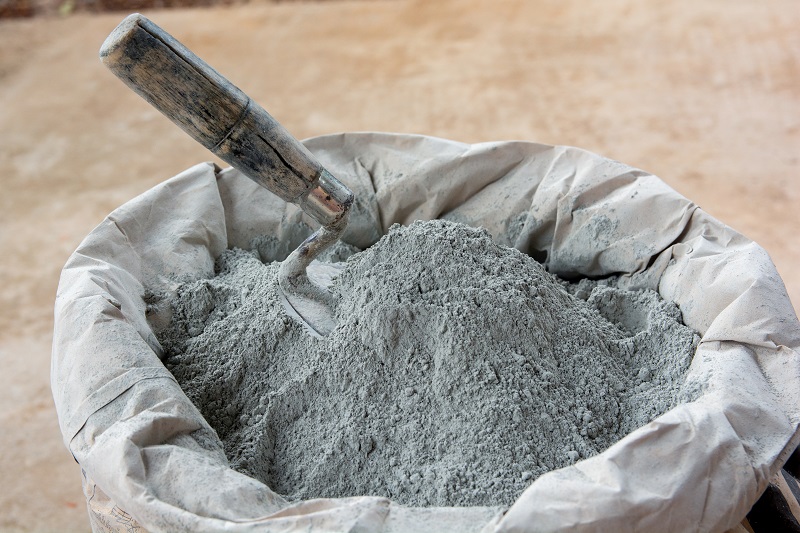
-
Out of quality assurance related, you may also want to check your vendor against other standards such as
- ISO 9001
- ISO 14001
- OHSAS 18001
- ISO 14064
- SA8000
- BSI Kitemark
- ASTM International Standards
- FM Approval
- SGS Certification
- GMP Certification
- CSA Certification
Ask for a Quality Control report related to Construction Materials
Quality Check Service related to Construction Materials
When our quality inspector and quality controller located from overseas inspect and check products related to construction materials, they usually perform the following checking:
-
- Compressive Strength Test
- Tensile Strength Test
- Flexural Strength Test
- Water Absorption Test
- Durability Test
- Fire Resistance Test
- Dimensional Stability Test
- Chemical Composition Analysis
- Non-Destructive Testing
-
- Aggregate Testing
- Hardness Test
- Density Test
- Moisture Content Test
- Sound Transmission Class (STC) Test
- Impact Resistance Test
- Accelerated Aging Test
- Adhesion Test
- Permeability Test
Our quality consultant can also help and assist you in establishing custom checklists tailor made for your product.
Countries which export Construction Materials
Products
Ask for a Quality Control report related to Construction Materials
Related Blog Articles
GET READY TO SECURE YOUR SUPPLY CHAIN
Get valuable advices, tips, recommendations from our quality management experts and inspection specialists
CONTACT US NOW ! Feel the form below.


